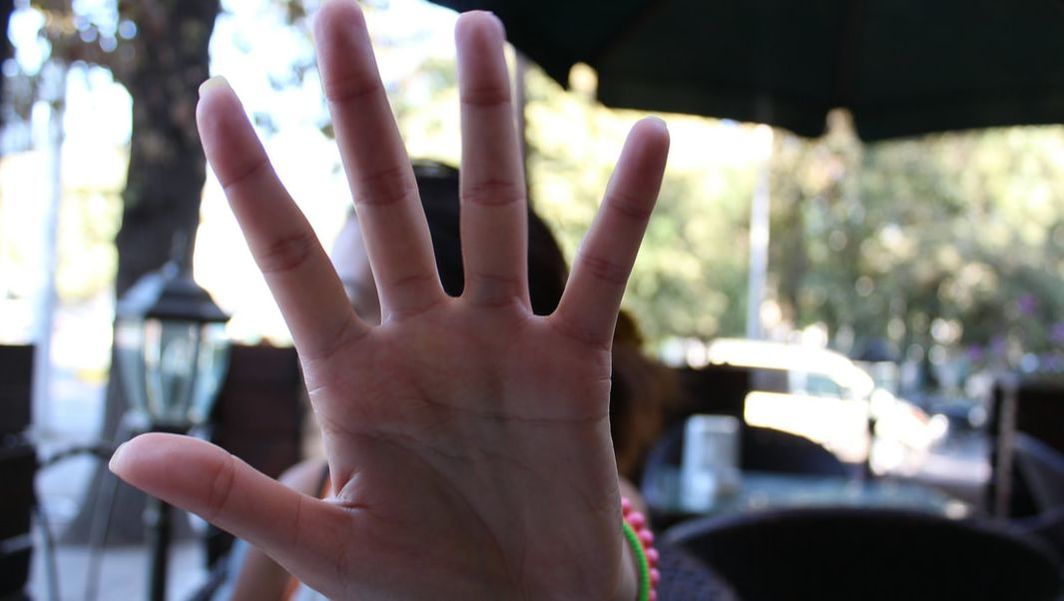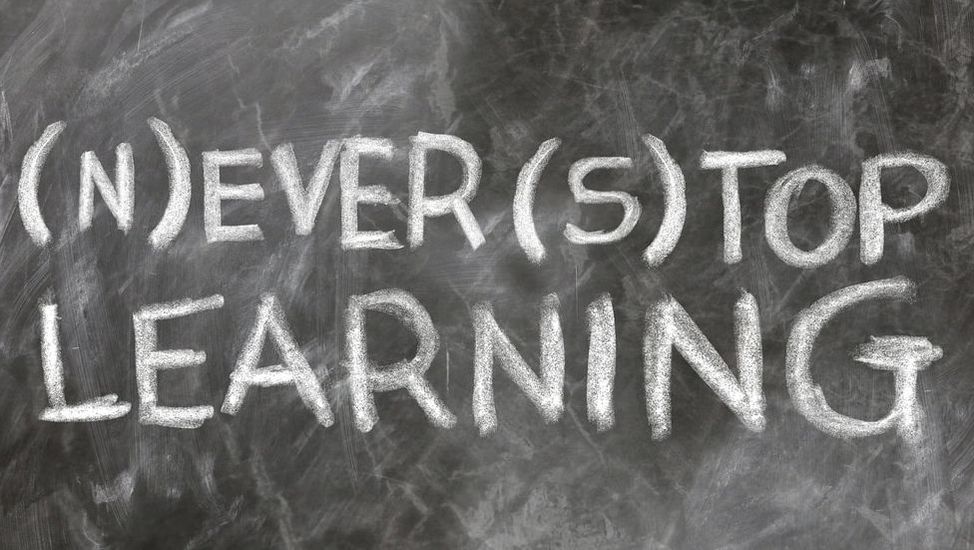|
by Brenda Peterson Mindset Is A Critical Part of Self DefensePeople talk a lot about self defense--which I usually think of as the ability to defend yourself against an attacker. Ideally, though, we can learn how to prevent many of those situations from becoming physical altercations. I think it is important to be able to defend yourself. Most self-defense training, though, focuses on the point where you're being attacked, not on ways to prevent an attack from ever taking place. Here, I'm focusing on putting yourself in a position where you can avoid an incident (like being assaulted, robbed or raped) altogether. As someone who lives in a large city, currently with an increase in crime, and doesn't want to live afraid, I focus on these three concepts for staying out of harm's way: situational awareness, being an imperfect victim and listening to my intuition. Be Aware of Your SurroundingsSituational awareness is a fancy way of saying "pay attention." I'm amazed by the people I see on a regular basis, who seem completely disconnected from the world around them. For many, there seems to be the prevalent attitude that bad things simply will not happen to them regardless of what they do. Being actively disconnected from what is going on around you make you more likely to be assaulted or a victim of theft. Here's what a lack of situational awareness looks like:
Here's what situational awareness looks like:
Overall, situational awareness is making a little effort to notice your physical environment so that you are in tune with it, instead of constantly surprised by it. Be An Imperfect VictimAgain, no one wants to be a victim, but many of us do things that make us more likely to be one. Since typically people who are going to rob or rape others are looking for easy targets, being perceived as difficult is a great way to avoid an incident. Here's what imperfect victims look like:
Imperfect victims also remember their boundaries. Too often, especially as women, we try to accommodate other people's requests because we want to be liked. Remember, though, you don't have to be nice to random people who approach you and demand things from you. You do not have to shake someone's hand, hug someone, or tolerate someone in your personal space. You do not have to give anything to an aggressive panhandler. Tell people no, and do it loudly if required. Put your hands up between you and them when you say "no" to let them know they really do need to stop. You may even need to yell "Get away from me" loudly to make it clear that they need to give you space. People who speak up are perceived as being more trouble than they are worth. Listen To Your IntuitionYou know how sometimes dogs don't like certain people? Or how babies cry and do not want to be held by just anyone? Their intuition is what makes them want to avoid some people. Unlike small children or animals, as adults, we tend to ignore our intuition. This is out of a sense of politeness or fear of being accused of being one of the bad -ists (racist, sexist, elitist). We need to re-learn to listen to our intuition for the sake of our well-being and trust that. This is not about political correctness or offending someone we don't even know. This is about our personal safety in what could be a dangerous situation. Here are those feelings you need to honor:
Those weird feelings that you can't quite put into words? Listen to them. Remember, sometimes, our bodies figure thing out before our brains catch up. We need to learn to pay attention to our surroundings with our heads, and our bodies, and heed that warning. It will help keep us safe. Learn More
1 Comment
by Brenda Peterson Adulting is HardOne of my goals as a parent is to help prepare my now teenage daughter to be a functional adult who makes good decisions and is happy and healthy. Here are my top 5 focus areas to position her for adulting success. Tip 1: Plan ahead to avoid creating emergencies.
Tip 2: Take control of your personal safety and security.
Tip 3: Have positive interactions and build healthy relationships.
Tip 4: Attend to your overall health and well-being.
Tip 5: Commit to personal growth and positive change.
Learn More
|
AuthorMike Treat is the Owner and Chief Instructor at Condition Orange Preparedness. Categories
All
|
Proudly powered by Weebly








